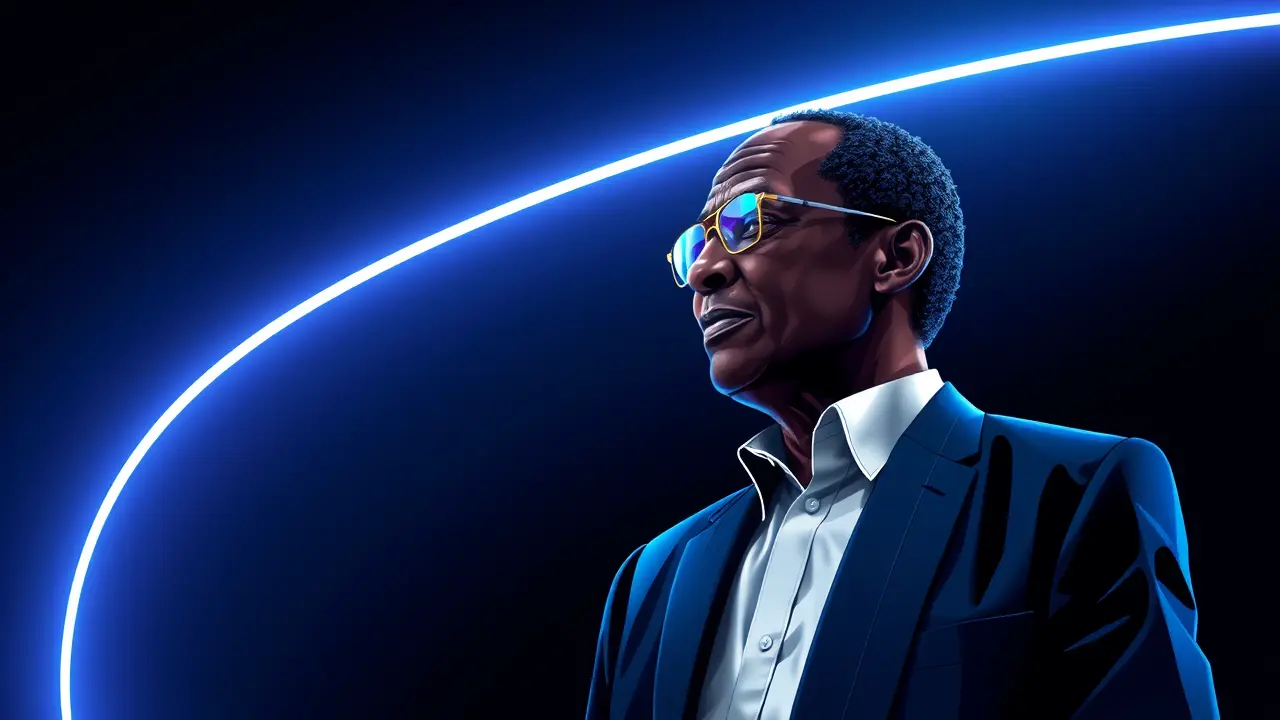Former Kenyan Prime Minister Raila Odinga dies at 80.
The political landscape of Kenya, and indeed all of Africa, has been irrevocably altered with the heartbreaking confirmation from family sources to the BBC that former Prime Minister Raila Odinga has passed away at the age of 80. He died on Wednesday, not in his homeland, but while receiving medical treatment at a hospital in India, a detail that adds a layer of profound sorrow to an already monumental loss.For millions who saw him as a relentless champion for democracy, 'Baba' was more than a politician; he was a living embodiment of Kenya's turbulent struggle for multi-party politics and a more equitable society. His passing is not merely the end of a life but the closing of a definitive chapter in post-colonial African history.Born into political royalty as the son of Kenya's first vice-president, Jaramogi Oginga Odinga, Raila's destiny was intertwined with that of his nation from the outset. His journey was one of immense sacrifice and resilience, marked by years of detention and imprisonment under the Daniel arap Moi regime, where he was held as a political prisoner without trial.These years of confinement did not break him; they forged the steelier, more determined leader who would later become a central figure in the fight for the new constitution and a two-time Prime Minister. His famous handshake with former rival Uhuru Kenyatta in 2018, which calmed a nation fraught with electoral violence, stands as a testament to his evolving legacy from fiery opposition stalwart to a unifying statesman seeking peace.Yet, his story is also one of what might have been, having contested and narrowly lost several presidential elections, each outcome sparking waves of both protest and introspection across the country. The news of his death in a foreign hospital will send shockwaves from the bustling streets of Nairobi to the halls of power in Washington and London, where he was both a respected and sometimes contentious figure.Analysts are now left to ponder the immense vacuum his absence creates within his Orange Democratic Movement (ODM) and the broader opposition, with the fragile political equilibrium in East Africa's economic hub now facing its most severe test. The immediate question on every observer's mind is what comes next for Kenya—who can possibly fill the void left by a man who was both a kingmaker and a perpetual claimant to the throne? The grief is palpable, a raw, emotional wound for a generation that witnessed his unwavering fight, a fight that now, quietly, has come to an end in a hospital room far from the red soil he fought so hard for.
Latest News
The charts are whispering what the true believers have felt in their bones for weeks—Dogecoin is carving out a bottom.
17 hours ago5 comments
The Institute for Fiscal Studies has thrown a stark warning onto Rachel Reeves's desk, urging the Chancellor to confront a potential £22 billion shortfall in
17 hours ago3 comments
Alright, let's break down this absolute heater of a performance from the Chicago Blackhawks, because if you missed this one, you missed a party.
18 hours ago5 comments
The ice was hot last night in the NHL, folks, serving up a slate of games that felt less like a regular season Tuesday and more like a playoff preview with a
18 hours ago3 comments
The XRP chart is painting a tantalizing picture for those with the stomach to withstand the relentless pressure from crypto's leviathans.
18 hours ago4 comments
It’s in the small shifts, the quiet recalibrations of a Thursday morning, where the most meaningful change often takes root.
18 hours ago4 comments
In a move that sent ripples of quiet confidence through the crypto ecosystem, blockchain intelligence firms tracked a monumental treasury allocation from
18 hours ago4 comments
In a move that would have drawn a nod of approval from historical figures like Churchill, who understood the delicate balance of power within democratic
18 hours ago2 comments
JA
Jamie Larson123k22 hours ago
wait what, this is so sad idk what kenya will do without him tbh
0
JA
Jamie Larson123k1 day ago
wait what this is so surreal idk what to even say tbh, feels like the end of an era and now i'm just questioning everything
0
JA
Jamie Wilson123k1 day ago
man this is such a heavy image to picture, him passing away so far from home smh
0
JA
Jamie Otieno123k2 days ago
wait what, this is how we find out? smh
0
